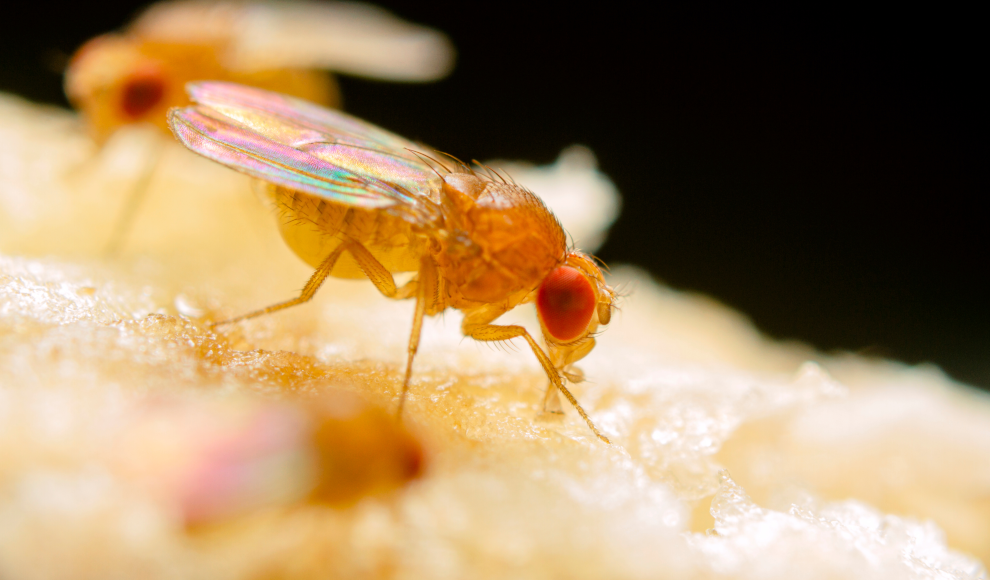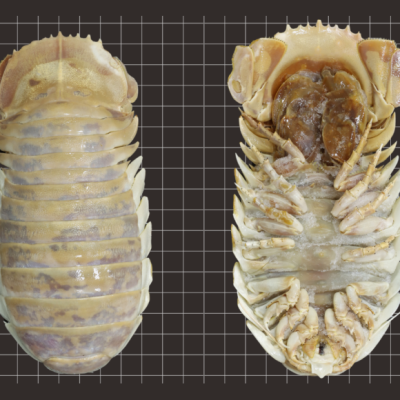In a groundbreaking discovery, researchers at the University of Cambridge have identified the genetic cause of virgin birth, or parthenogenesis. They were able to manipulate the genes of fruit flies, which normally reproduce sexually, to induce parthenogenesis. While most animals reproduce sexually, some, including the crocodile, can reproduce through virgin birth, where an embryo develops from an unfertilized egg. The offspring of virgin birth are always female and genetically similar to the mother, but not clones. The researchers sequenced the genes of two strains of fruit flies, one that reproduces sexually and one that reproduces through virgin birth, to identify the responsible genes. They then manipulated the genes of fruit flies that normally reproduce sexually to induce virgin birth.
The study, published in the journal Current Biology, involved around 220,000 virgin fruit flies. The researchers found that the females waited half their lives, about 40 days, to find a male to mate with. When they failed to find one, they gave birth through virgin birth. The study also showed that the fruit flies could pass on the ability to reproduce through virgin birth to their offspring, who could then reproduce sexually or through virgin birth depending on the availability of males. The researchers suggest that the ability to switch to virgin birth may be a survival strategy for some species.
This discovery is significant as it sheds light on the genetic mechanisms behind virgin birth and could have implications for understanding reproduction in other species. The researchers hope that their findings will lead to further research in this area and contribute to our understanding of the diversity of reproductive strategies in the animal kingdom.










